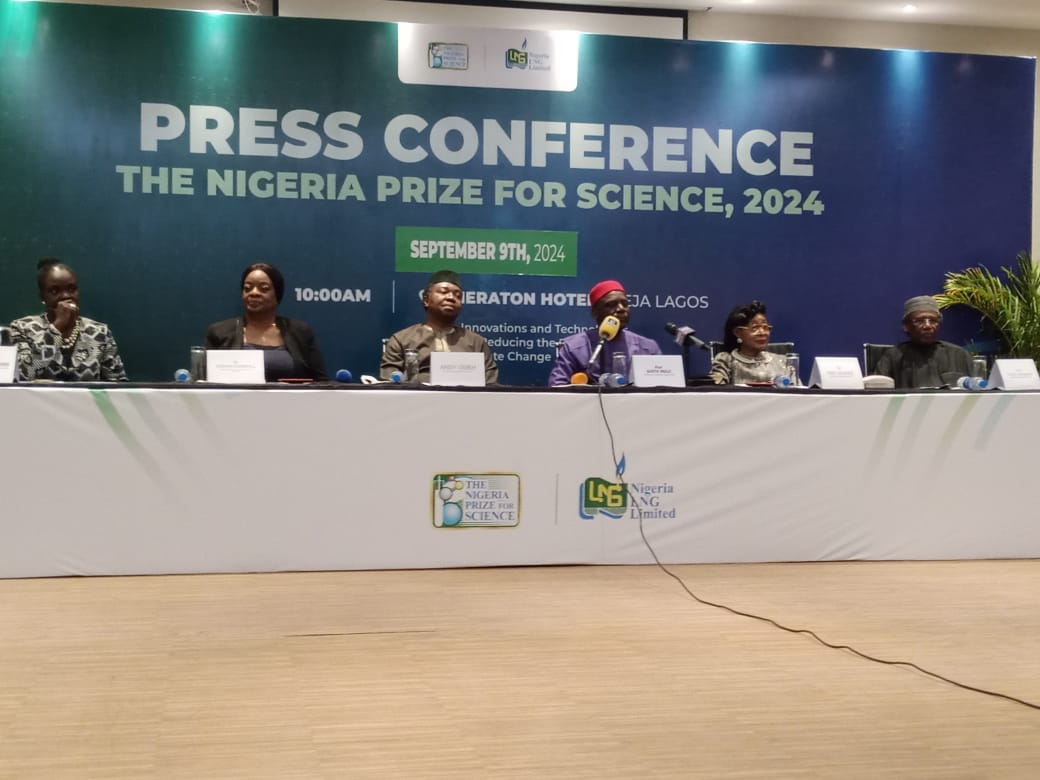 Advisory Board of the Nigeria Prize for Science has named three scientists: Eni Oko, Olajide Otitoju, and Meihong Wang, as winners of the 2024 edition of the prize.
Advisory Board of the Nigeria Prize for Science has named three scientists: Eni Oko, Olajide Otitoju, and Meihong Wang, as winners of the 2024 edition of the prize.
They were recognised for their pioneering work on “Process Intensification Technology for Greenhouse Emission Control in Power Generation and Industry for Sustainable Fuel Production (PIC-FUEL).”
Eni Oko is a senior lecturer (associate professor) in Chemical Engineering at Newcastle University, U.K., while Olajide Otitoju is a research associate at the University of Sheffield, U.K. Meihong Wang, is a professor of Process and Energy Systems Engineering, specialising in Carbon Capture, Utilisation, and Storage (CCUS) at the University of Sheffield, UK.
Wang is winning the prize for the second time after his 2019 win with Dr Mathew Aneke with their work on Carbon Capture, Carbon Utilisation, Biomass Gasification and Energy Storage for Power Generation.
The board, at a press conference in Lagos, highlighted the importance of the 2024 competition theme, “Innovations and Technologies for Reducing the Effect of Climate Change,” which underscored the need for urgent solutions to environmental challenges.
Chairman of the board, Prof Barth Nnaji, said the innovation could significantly reduce harmful emissions from power plants and factories while creating cleaner, greener fuels.
According to Nnaji, the PIC-FUEL technology worked by capturing CO2 emissions directly from industrial sources such as power plants, cement factories and refineries. The emissions are passed through a unit called the Rotating Packed Bed (RPB), where CO2 is absorbed, using a solvent and the absorbed CO2 is then converted into methanol through a reaction with hydrogen in an electrolyser machine. The methanol can then be directly blended with diesel or sold as a product.
He explained that by producing cleaner diesel locally, the country could save up to $500 million yearly in foreign exchange, strengthening the local economy and stabilising the naira.
Earlier, NLNG’s General Manager, External Relations and Sustainable Development, Mr Andy Odeh, lauded The Nigeria Prize for Science and its sister awards, The Nigeria Prize for Literature and The Nigeria Prize for Literary Criticism, for making a significant impact on the science and literary development in the country in the last 20 years.
The scientists were selected by a panel of judges made up of three distinguished professors in relevant areas of science: Francisca Nneka Okeke (Chairman), Saminu Abdulrahman Ibrahim, and Grace Oloukoi.






